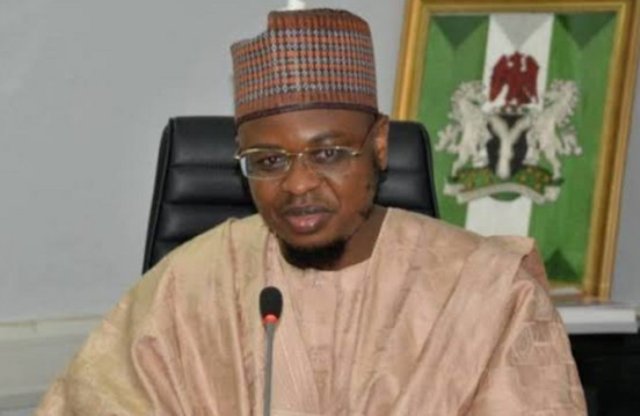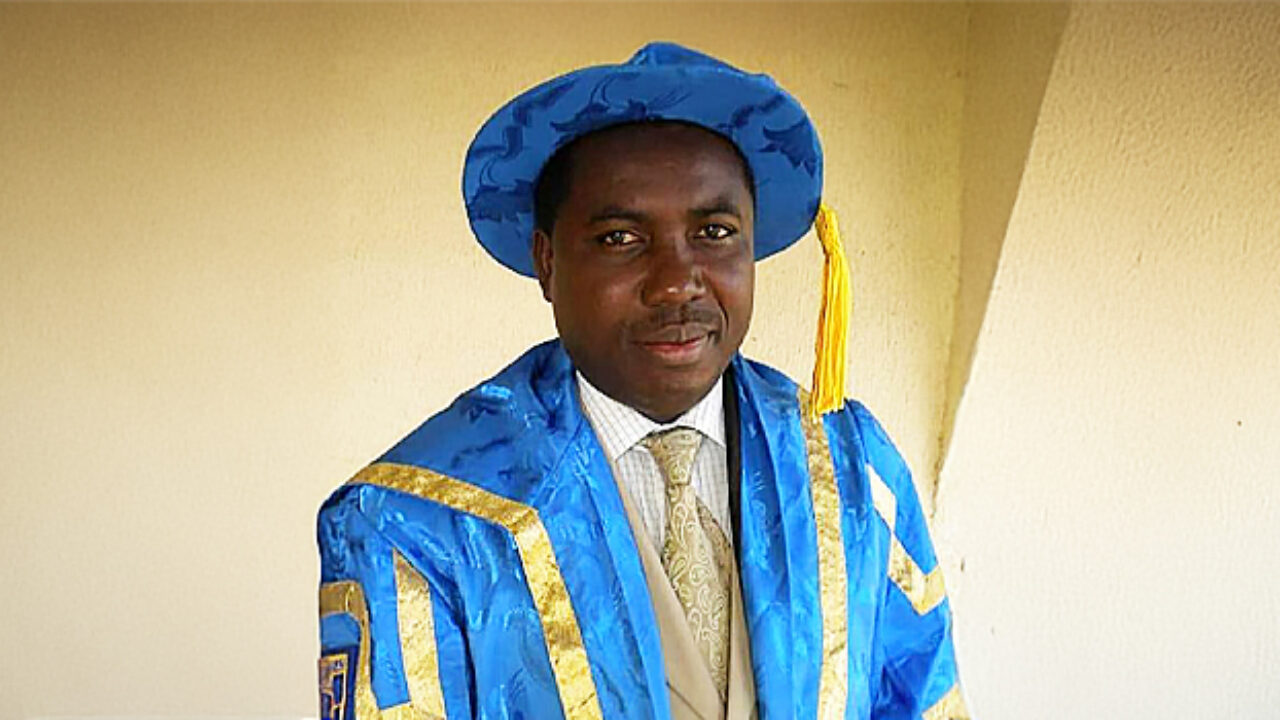The minister of communications and digital economy, Dr Isa Pantami, has rejected the federal government’s planned implementation of five percent excise duty on the telecommunications sector.
The minister also announced the federal government’s ban on the importation of subscriber identity module (SIM) cards.
Recall that the federal government had last week announced plans to impose 5% excise duty on all telecommunications services ranging from calls, SMS to data services.
The tax is part of the new Finance Act signed into law by President Muhammadu Buhari in 2020.
The duty is meant to be collected by the Nigeria Customs Service, following the president’s directive that it should enforce the law on all telecom service providers in the country on all local and foreign goods and services.
However, speaking in Lagos on Monday (yesterday) at the Nigerian Telecommunications Indigenous Content Expo (NTICE) organised by the Nigeria Office for Developing Indigenous Telecoms Sector (NODITS) of the Nigerian Communications Commission (NCC), the minister faulted the timing and process of imposing the tax on the industry.
He argued that part of the responsibility of responsive government is not to increase the problems of the citizens.
“I have not been contacted officially. If we are, we surely will state our case. The sector that contributes to the economy should be encouraged.
“You introduce excise duty to discourage luxury goods like alcohol. Broadband is a necessity.
“If you look at it carefully the sector contributes two per cent excise duty, 7.5 per cent VAT to the economy and you want to add, more” he said.
“We must come together and salvage the sector. Only telecom sector contributed 13per cent and you want to add more.”
He urged the federal government to expand the scope of other sectors that are not contributing to the economy to do so adding that intolerable hardship in the land is enough reason not to implement the policy.
The minister faulted the lawmaking process that produced the harsh tax because it didn’t involve the chairman of the House Communications Committee.
“So we reject it,” he said.
According to him, further tax on the sector will impact on its contribution to the country’s Gross Domestic Product (GDP).
Equally, major stakeholders in the sector including the Association of Licensed Telecoms Operators of Nigeria, (ALTON), Association of Telecommunications Companies of Nigeria (ATCON) and National Association of Telecoms Subscribers (NATCOMS) rejected the tariff, describing it as anti-people, provocative, strange, insensitive and irresponsible.
They spoke at a stakeholders’ forum organised in Abuja by the Nigerian Communications Commission (NCC) on the proposed implementation of excise duty policy.
They contended that such imposition would further aggravate the suffering of the Nigerian masses who had already been pushed into hardship and extreme poverty.
The chairman of ALTON, Mr. Gbenga Adebayo, described the new tax regime as a strange move and an unusual development in the midst of 39 different taxes payable by telecom operators in Nigeria.
The minister also used the forum to announce the ban on the importation of SIM cards into the country.
He stated that Nigeria can now produce the cards locally.
He explained that the ban is meant increase indigenous content in the ICT sector so that by 2025, the nation would be self-reliant by at least 80 per cent.




















































